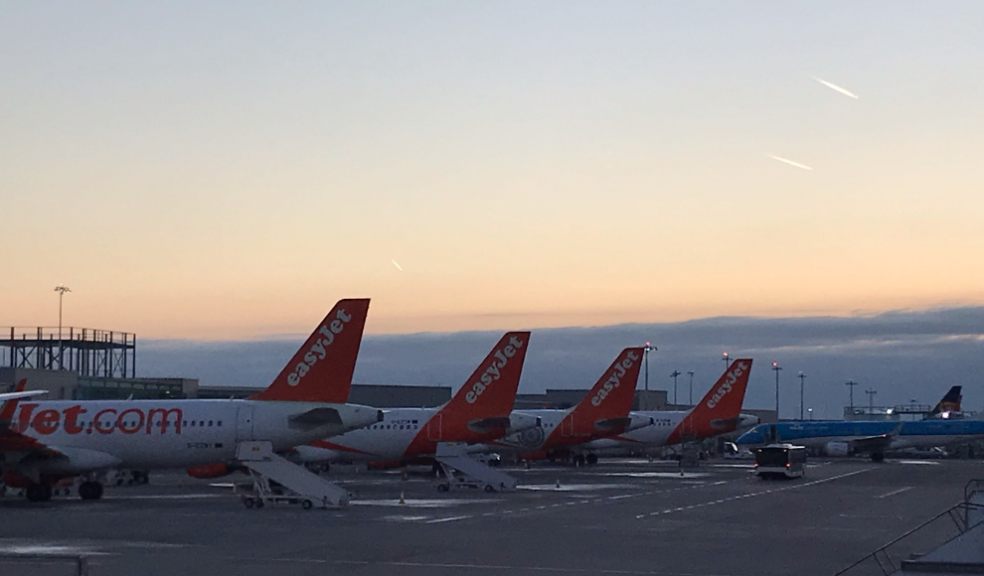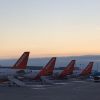
The big summer getaway begins with record numbers taking to the skies
With schools now broken up for summer, the next few days will see the peak of the summer for flights with NATS, the UK’s leading provider of air traffic control services, expecting to handle well over 8,000 flights per day.
2018 was the busiest summer on record for air traffic in Europe with peaks of 37,000 flights a day and 2019 is expected to be even busier.
This summer has already seen records broken for most UK flights ever in a single day, July 5th, when 8,863 flights were handled by NATS in 24-hours.
NATS routinely handles almost a quarter of European traffic while contributing significantly less delay than other air navigation service providers in Europe. Last summer also saw some of the worst air traffic delays throughout the continent, caused largely by airspace capacity constraints and staff shortages in Europe.
The UK air traffic control provider has spent months planning for this summer alongside the airlines and airports, putting in a number of measures in place to keep delays to a minimum
However, NATS is warning that despite successful handling of flights during record breaking months, the ageing design of UK airspace means the continuing growth cannot continue without delays rising significantly.
Today, the UK’s airspace handles around 2.6 million flights a year, carrying over 285 million passengers and Government forecasts predict that will rise by 2030 to 355 million passengers on 3.25 million flights.
Without modernising the airspace, the government’s own forecasts show the UK could experience 50 times as many delays as we do today by 2030 with one in three flights delayed by more than 30 minutes.
NATS has spent £1 billion over the past decade on new technology to help boost capacity, but argues that investment must be complemented by improvements to the UK’s network of flight paths and air routes, changes that require government and industry support.
The Government has just closed its consultation on its green paper on the future of aviation, “Aviation 2050”, which comes at a timely moment given heightened environmental awareness and attention on the industry to prove it can manage emissions and noise in order to grow sustainably. The Government’s commitment to modernising airspace will play a big part in improving efficiency and set out the challenges and opportunities for aviation to 2050 and beyond.




















